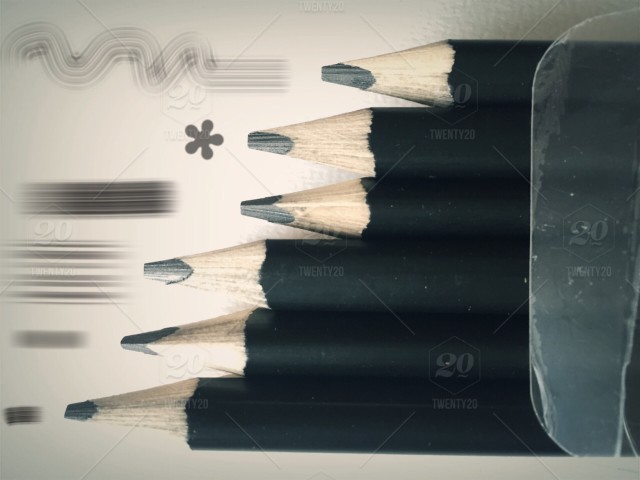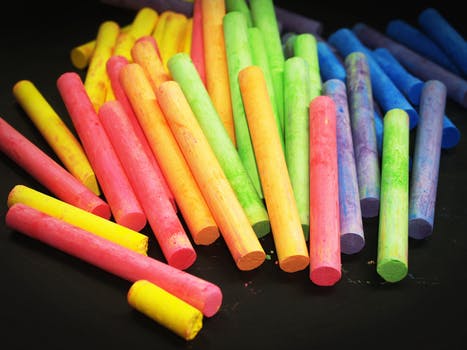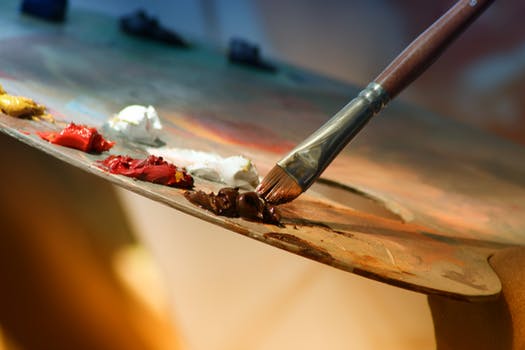MATERIALS (MEDIA) USED TO CREATE
A CUSTOM PORTRAIT DRAWING OR PAINTING

GRAPHITE PENCIL
This is a monochromatic portrait, drawn on fine-quality artist’s paper, Bristol board, mat-board, or illustration board. Graphite portraits can be strikingly beautiful in their simplicity, and are a great budget-friendly option. Must be matted and framed under glass.
CHARCOAL, BLACK &WHITE PASTEL, or SEPIA & WHITE PASTEL
These are also monochromatic options that can make a beautiful drawing. Charcoal is soft and very blendable, which allows for many subtle tones within the portrait. Black & White Pastel or Sepia & White Pastel (also called a three-tone drawing) is usually done on toned paper. Black & White is done usually on gray paper; Sepia & White is done on tan or buff paper, although other colors can be used for both. This technique adds a third color to the portrait, because highlights are added in white.

PASTEL
Pastels are pure color pigment, mixed with a binder, in stick or pencil form. It also is available in a form called Pan Pastel, which consists of little cakes of pastel that are applied to the surface with a brush or sponge applicator. They are creamier and produce much less dust, and are often used along with pastel sticks and pastel pencils. Pastel paintings* have a beautiful, velvety quality and richness of color. Pastels are one of the most permanent of all the media, if given proper framing and care. They must be matted and framed under glass.

ACRYLIC PAINT
An acrylic painting can look very much like an oil painting, depending on the technique used. Many times it is difficult for the viewer to tell the difference between the two. However, unlike oil paint, acrylic does not require the lengthy drying times that oil paint requires, and so can be completed more quickly than an oil painting. Acrylic is lightfast and permanent when given proper care.
Your acrylic portrait is painted on professional quality portrait canvas. The painting does not have to be framed under glass.
OIL PAINT (OVER ACRYLIC)
I often will do an acrylic underpainting and finish with oil paint. The acrylic underpainting dries much faster than an oil underpainting, but doing the top layer(s) in oil paint gives a rich, smooth finish. Please note that oil paint has a longer drying time, so will add at least several days to a couple of weeks to completion time.
*When color pigment of any kind is used in a way that is applied thickly and covers most of the paper surface, it is considered a painting, as opposed to a drawing, which contains little or no color pigment and has much more of the paper surface showing.
WHICH SHOULD YOU CHOOSE?
Any of the materials described above would make a beautiful portrait, but if you are unsure which is right for you, here are a few things to consider:
- Graphite, charcoal, and three-tone are less expensive, so are a good, budget-conscious option. They also take less time to complete than a full-color painting. These materials can work especially well for pet portrait drawings of, for instance, a white or black dog or cat, where the color is not as important, or if you would like a portrait made from a vintage black-and-white family photograph (although any of these can be done in color, too). Graphite pencil is great for people portrait drawings, or for sleek-coated animals, such as horses or shorthaired dogs. Charcoal lends itself well to softer, fluffier animals, but is great for people portraits, too. Three-tone portraits (in tones of gray or sepia) can work for any subject, and are especially suited to drawings made from vintage black-and-white photos.
- Certain subjects seem to lend themselves better to certain media. For instance, an animal with soft, fluffy hair or fur looks wonderful when done in pastel, especially on velour paper. Pastel is charming for women’s or children’s portrait paintings, too. Acrylic or oil work very well portraits of people, and for pet portrait paintings of animals with smooth, sleek coats, such as horses or shorthaired dogs.
- Framing: Although framing is a personal choice, and you can go as fancy and expensive as your taste and budget allow, generally speaking, acrylic and oil paintings are less expensive to frame. This is because they do not have to be matted or framed under glass as the other media do.
-
These are only suggestions. You can choose whatever medium appeals to you and fits into your budget. If you are still unsure, after you send me your photos I can give you my opinion from an artistic standpoint. But above all, this is YOUR portrait and the final decision is yours!
